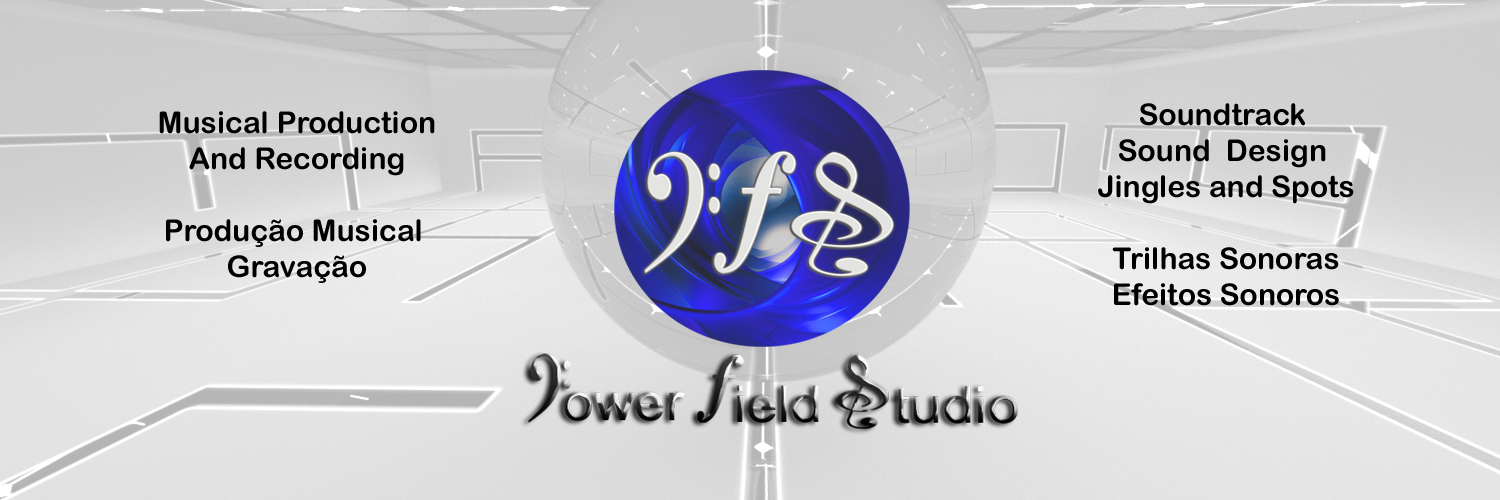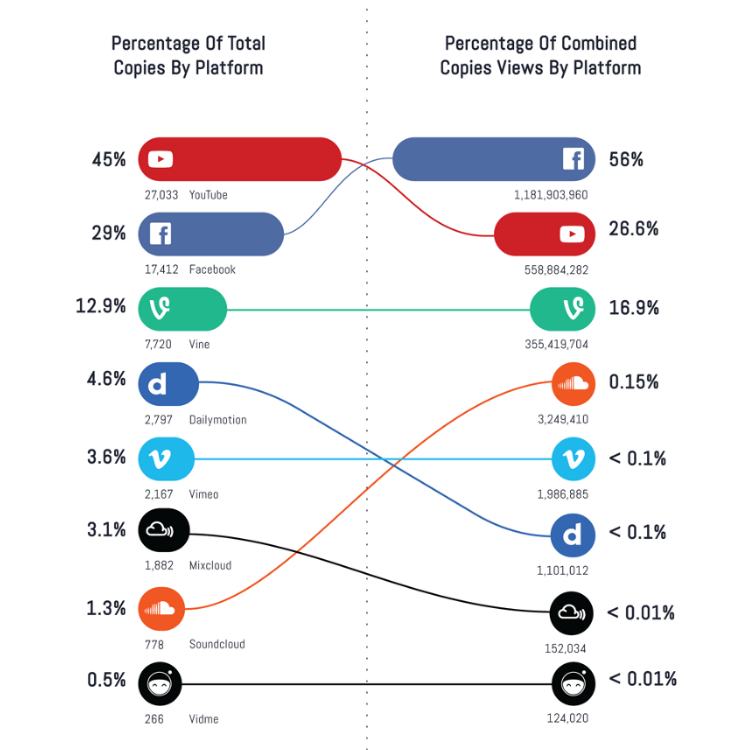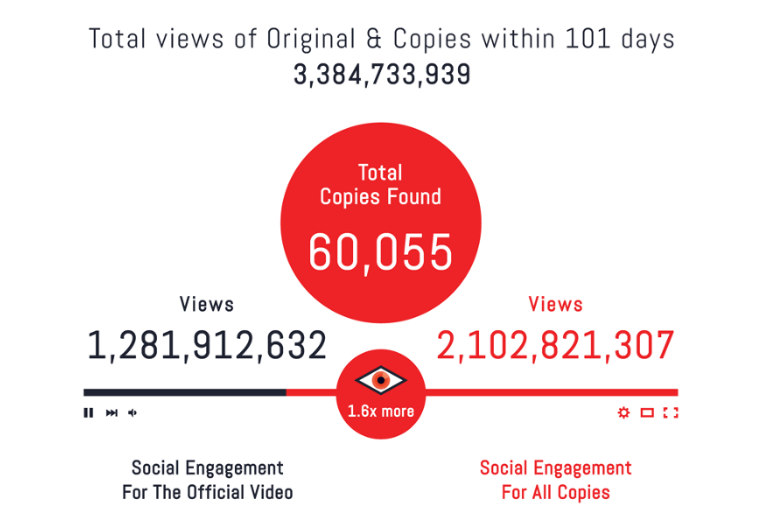By the end of 2016 Baeble Music will be a 24/7 cable channel in more than 20 million homes thanks to deals with Comcast, Roku and more. The growth is very impressive for a Brooklyn-based company that began in 2007 as a website dedicated to finding the next cool things in music.
Baeble has risen to national prominence over the last decade by riding on a platform of music discovery, airing early sessions and interviews with bands like Chvrrches, who founder David Moffly calls the Baeble band, and focusing on critically lauded indie and alternative heroes like Thrice’s Dustin Kensrue and Anthony Green. Trending artists on the site now include Aurora, Blondfire, Delta Spirit, Craig Finn, James Bay and more.
Baeble and its growth is the vision of Moffly, who I spoke with recently about the company’s expansion, why he likes music on TV when others are scared off by the licensing and his biggest “wow” moments in the near decade of Baeble.
Steve Baltin: What have been your biggest wow moments at Baeble?
David Moffly: I’m 53 years old, so I saw the first demo of ISDN in ’86 in Geneva I was like, “This is unbelievably cool.” [So] the first time we were able to move video that was broadcast quality on a WiFi connection I was like, “Oh my god.” And I think it’s only meaningful to somebody that’s my age that has followed the progression of data and development broadcasting, broadcast technologies and web technology. And then along the way we filmed nearly a thousand concerts and sessions and interviews and every once in a while you get a session that just gives you chills. The one that comes to mind that was super powerful was a session with the artist Passenger. He sat with us and talked about life and death and it was just amazing. And then more recently our session with the Arkells at Sunset here in Brooklyn. Those moments with sessions are few and far between and just high for me on an emotional level.
Baltin: Tell me about your background.
Moffly: I’ve always been in the content-licensing business, whether it’s been in stock photography, stock images. I had a company that I founded and then bought a bunch of companies around it in 2000. It was the stock image business and our bet there was the internet was gonna revolutionize the way stock images were licensed and transmitted around the world. When I bought the company we had 17 agents, when I sold it we had 157 and when I bought the company it was 10 million in revenue. And when I sold it four years and 10 months later it was close to 50 million in revenue. So I had a couple of dollars when I sold it in 2005 and was sitting looking for what was next and saw YouTube and what was going to happen. We went live in 2007 with the first website and our first video we streamed we had to build the flash player.
Baltin: A lot of people are afraid of music on TV because of the licensing costs. What made you go the opposite direction?
Moffly: Why we like music is music’s hard. So you can’t just show up and say, “Hey, I’m gonna be in music.” You gotta have the patience and fortitude to deal with the publishers, the labels, management and the artists. So in the process of being hard there’s significant value creation. Not anybody can do it. You just have to be patient with music and go through the process and in doing that it whittles it down to a very select few.
Baltin: What makes Baeble unique?
Moffly: You can’t pay to be on Baeble, you can’t call up and say, “Listen, I want to be here.” You have to be picked by our team and the team makes judgments on who they think is interesting, who has a story, who has music that deserves to be seen and heard. It’s just fun to watch what is happening with the business and with the continuing evolution and opening of new platforms or for reaching people with the content. We did a deal this summer with a new cable packager that has taken Baeble and has packaged it into a 24/7 linear cable channel. They are going live now and have commitments with 51 different cable operators for Baeble to be a channel in households across the country. So that’s really exciting.
Baltin: Where does Baeble go as a cable channel?
Moffly: The pitch with the cable operators is instead of you having to pay Viacom per month for the privilege of being bored to tears by Palladia, you get Baeble and you get to keep a percentage of the ad sales that are generated from this channel. So for small and mid-tier cable operators it’s a money-making opportunity. It’s a distribution opportunity for us and an opportunity to move off the web and into a very defined cable universe where we want to be one of those choices for music when you turn on the television.














